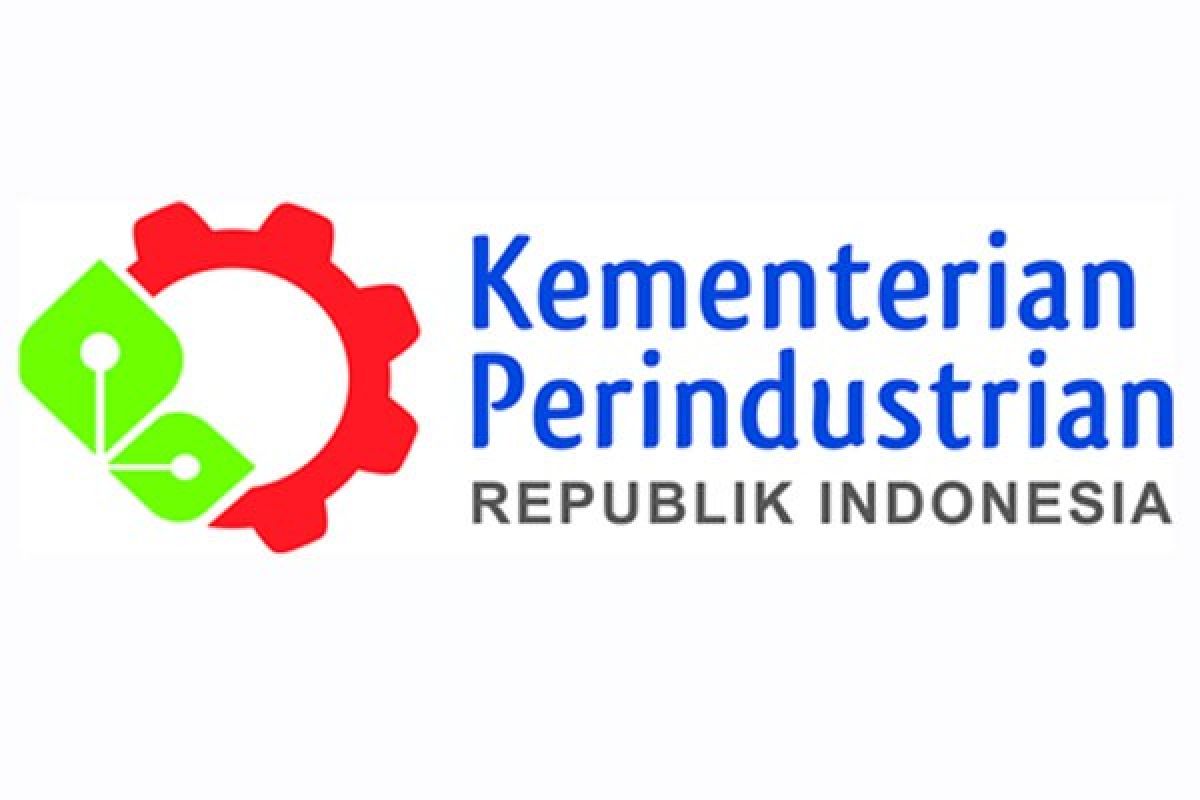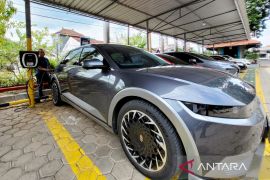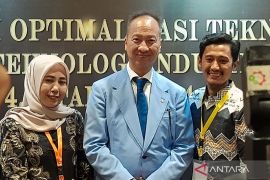"The program we are implementing include development of five sectors of priority industry for the program of Making Indonesia 4.0, improvement of human resource competence for industry through vocational education and activities of Santripreneur (Muslim entrepreneurs) and development of new industrial entrepreneurship," Industry Minister Airlangga Hartarto said in a written statement here on Tuesday.
Up to the 6th phase of launching the vocational training, the Industry Ministry had succeeded in involving 618 companies with 1,735 vocational school students.
"What we are doing is an implementation of the Presidential Instruction No 9 of 2016 on revitalization of vocational schools," he said.
Based on the draft law on 2019 state budget with theme of "State Budget to Boost Investment and Improving Competitiveness through Human Resource Development, the government plans to set aside Rp487.9 trillion for education budget, up 38.1 percent from implementation in 2014.
Part of the budget for education proposed in the draft state budget for 2019, is for the construction of 1,407 practice rooms for vocational schools and for the training or certification of 3,000 university students to strengthen vocation program more massively and integrated between ministries and development of class rooms and laboratory infrastructure in 1,000 Islamic boarding school.
Airlangga said the ministry also is pushing for acceleration of development of industrial clusters in a number of areas in such as North Sumatra, North Kalimantan, Central Sulawesi and Papua.
Construction of the projects is expected to start in 2022-2023 as road map and the blueprint of the industrial clusters have yet to be prepared in 2018-2021, he said.
In addition, currently the Ministry concentrated on the implementation of the local content program(TKDN) in projects in the oil and gas and electricity sectors.
The Minister said improvement of the human right competence is a priority as the government wanted to boost productivity and competitiveness in the national industrial sector.
Five manufacturing sectors, now being developed are food and beverage, automotive, electronic, chemical , textile and garment industries, he said.
"These sectors have comparable potential and superiority and contribute 60 percent to the Gross Domestic Product (GDP)," he said.
Airlangga said , vocational education program linked and matched with industry, would be promoted in capacity two times.
"With the increase in capacity and coverage, the vocational program is expected to contribute to the public interest all over Indonesia,"he said.
Reporting by Sella Panduarsa Gareta
(SYS/AS/H-YH)
(T.SYS/A/H-ASG/A/H-YH) 22-08-2018 20:57:55
Reporter: Antara
Editor: Suharto
Copyright © ANTARA 2018











